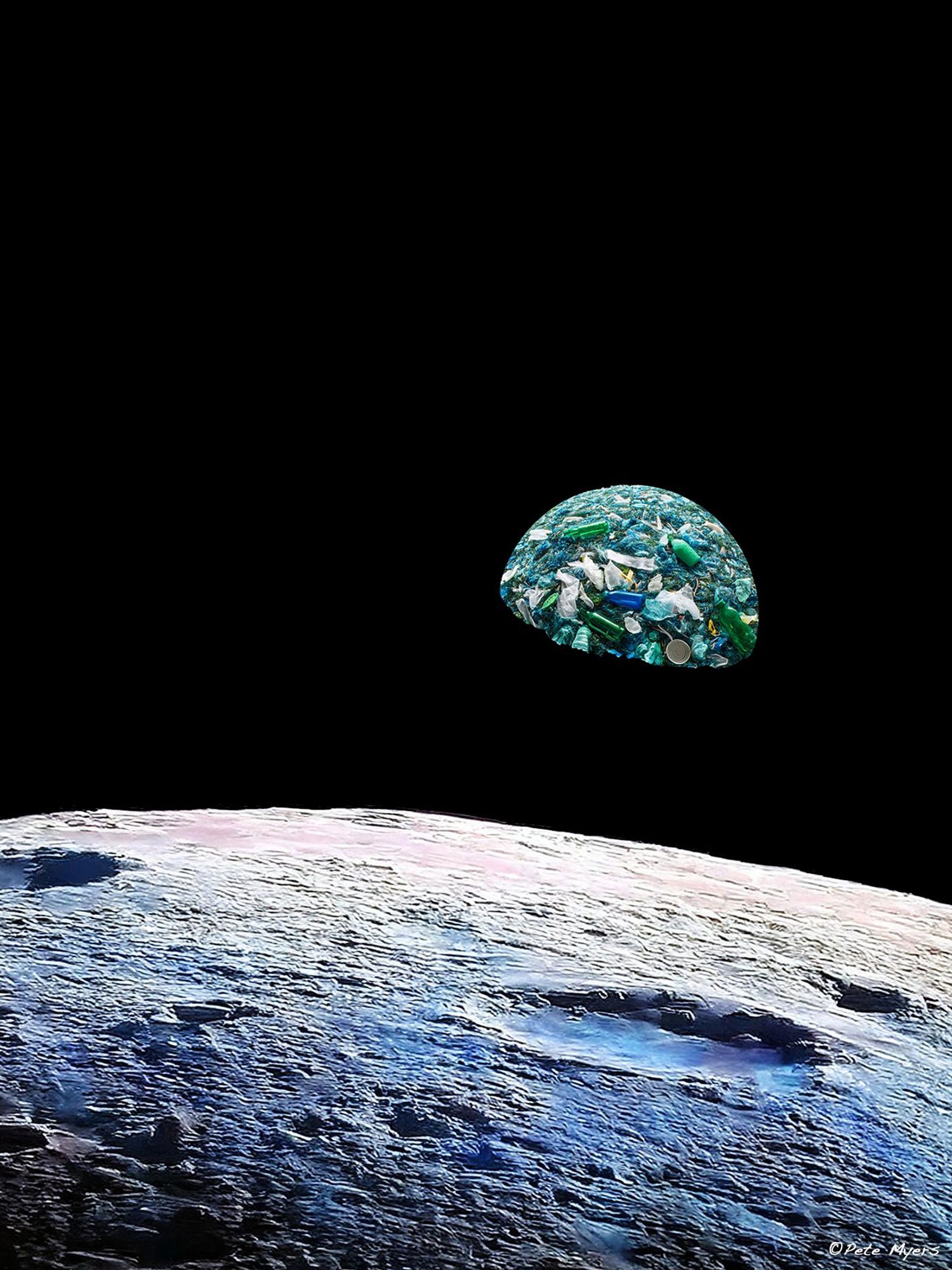
Looking back at the outcome of the UN plastics treaty negotiations that just finished in South Korea, it is clear to me that failure to reach agreement in this round of negotiations was the best result.
This failure was necessary. Moving to a final treaty in South Korea, given the state of negotiations, was premature. But the meeting did lay the groundwork for a future round of negotiations that could produce a more responsible and sustainable result.
The small group of “like-minded nations” — who, not coincidentally, are the major producers of oil and gas and plastic — were never likely to agree on provisions that would reduce plastic production, even if the vast majority of nations around the world are in favor of doing so.
The like-minded nations, including Saudi Arabia, Russia, India, Iran and others, abused the treaty process, which required consensus. They bullied their way through negotiations while denying the hazardous nature of plastic chemicals, the health problems unquestionably driven by them, and the impossibility of addressing these problems without meaningful constraints on plastic production. This denial flew in the face of thousands of published scientific results making their position clearly self-serving, untenable and ludicrous.
Ultimately, it was their way or the highway. And their bad treaty would have locked us into an unsustainable future, had it been accepted.
Is something better possible? Yes — a large majority of the participating nations want a treaty that acknowledges health considerations and the need for production constraints.
This is a remarkable evolution of thought for UN negotiators about what a sustainable treaty would entail. While it began focused largely on plastic waste, input from around the globe forced the goals to broaden beyond that narrow objective to one that embraces the full life-cycle of plastic, especially its human and wildlife health burdens. The like-minded nations are now in a small minority.
Global opprobrium and scientific reasoning may ultimately shift their position. If not, they should get out of the way.
I found myself thinking about NASA astronaut Bill Anders’ iconic 1968 photograph, Earthrise, taken from a capsule orbiting the moon. Millions of people were inspired by that photograph to take action to protect our home.
I couldn’t help but ask what the intransigence of the like-minded nations would mean for our only home, Planet Earth, if plastic production continues unabated. The AI-generated art above is the result. Let’s call it “PlasticRise.” I hope it inspires the vast majority of nations to withstand the like-minded bullying and prevail in the creation of a truly sustainable plastic treaty.





